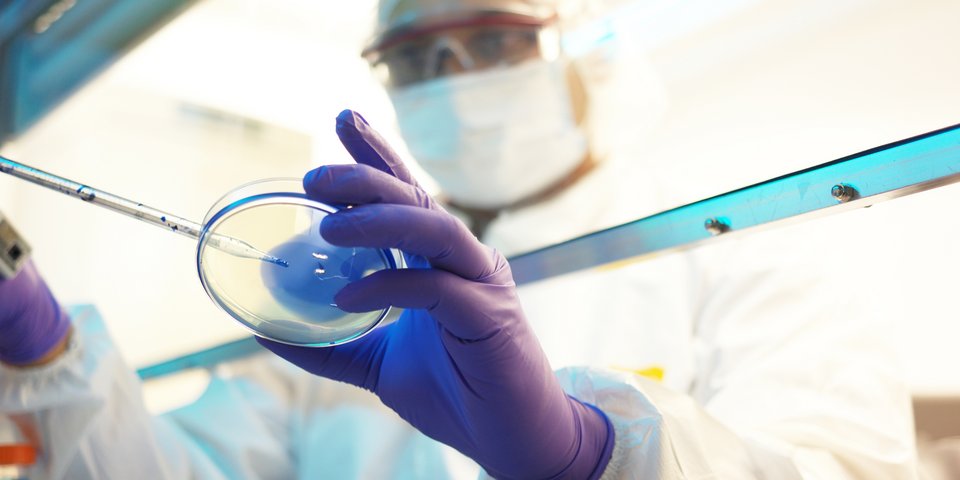 iStockphoto/Reptile8488
iStockphoto/Reptile8488COVID-19: Ensuring enough personal protective equipment for medical workers
Europe takes steps to ease critical supply shortages.
RB – 03/2020
The lack of medical protective equipment such as masks,
protective clothing and gloves is hampering the fight against the new strain of coronavirus. Almost
all Member States are desperately trying to get hold of supplies and equipment. Supplying
medical personnel with personal protective equipment (PPE) is currently one of
the biggest logistical challenges in the EU internal market. After days of
uncoordinated action by all European governments and institutions, the European Commission has decided to coordinate the response. ‘We must pull each other through
this,’ said
Commission President Ursula von der Leyen on 26 March at a special session of
the European Parliament. Going it alone would contradict the values of the European Union.
To support the Member States with their growing need for PPE for health workers, the European
Commission has put in place the following measures:
rescEU stockpile of medical equipment
A strategic
‘rescEU
stockpile’ of
medical equipment will
be set up to help EU Member States combat the spread of COVID-19
and treat patients. The stockpile includes items such
as intensive care equipment (e.g. ventilators), PPE for healthcare workers, vaccines and therapeutics, and laboratory supplies.
The stockpile will be hosted by one or more Member States, with EU countries
volunteering to help with procuring
and storing the equipment. The Commission will finance up to 90% of the
value of the stockpile. The Emergency Response Coordination Centre will
decide how to distribute the equipment.
The criteria according to which this is to be done are still to be determined,
but it can be assumed that the equipment will initially be used where it is
most needed in the EU. Initially, a budget of €50 million will be made available. Of
this, €40 million must
be approved by the EU budgetary
authorities. The measure entered into force on 20 March 2020.
Coordinated procurement of medical equipment
A further measure that should ease the critical supply
shortage of personal protective equipment in the foreseeable future is the joint procurement of necessary supplies. The EU
Commission had already started
centrally procuring masks on February 28. The range of PPE to be jointly procured has now been
expanded to include type
2 and 3 masks, gloves, protective goggles, face-shields, surgical masks and protective overalls. According to the
European Commission, the joint initiative has been a
success, with manufacturers offering
supplies that cover, and in some cases even exceed, the quantities requested by the Member States. The equipment should be available within two
weeks of Member States signing contracts with producers.
The lifting of export bans in China and the resumption of
production should also have a positive effect in Europe.
Export authorisation for personal protective equipment
In order to meet the increased demand for vital personal
protective equipment within the European Union due to the spread of the
coronavirus, the EU Commission has introduced restrictions on the export of
certain products. Amendments
to the Guidance for Implementing
Regulation 2020/402 on the mandatory production of an export authorisation for personal protective equipment (PPE) came into
force on March 21,
2020. Manufacturers are not allowed to export products such as protective
goggles and visors, face-shields,
mouth-nose protective equipment, protective clothing and gloves from the EU
without a permit from the competent authorities. The Implementing Regulation does not apply to member
states of the European Free Trade Association (EFTA) – Norway, Iceland, Liechtenstein and
Switzerland – or to Andorra, San Marino and Vatican City due to their particular dependency. These measures
also serve to preserve supply chains within the European internal market.
